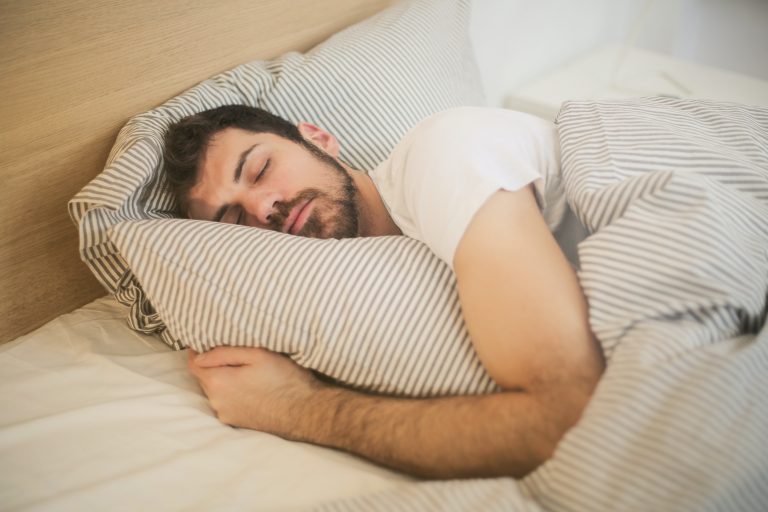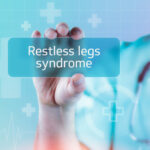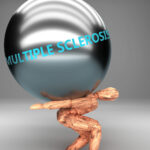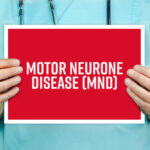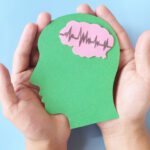Friday 18th March marked the 15th annual World Sleep Day, a day designed to help raise awareness of how integral sleep is to our health and wellbeing. This year’s theme was “Quality Sleep, Sound Mind, Happy World” and organisations all throughout the world held events to help educate on the ways in which sleep can impact both physical and mental health.
Events like World Sleep Day draw awareness to the vast number of sleep disorders that affect millions of people every year. In the UK alone, the NHS estimates that up to a third of people will experience insomnia at some point in their lives. What starts as a few restless nights can quickly turn into an ongoing, chronic disorder, which can be very difficult to manage.
Treating insomnia and related disorders can be challenging and tends to involve a combination of medication and lifestyle changes. Unfortunately, for some people, neither approach proves to be very fruitful. Those who have spent years suffering from poor quality sleep may want to speak to their doctor about the potential benefits of taking prescribed medical cannabis as a way of helping to treat insomnia symptoms.
Celebrating World Sleep Day
World Sleep Day is celebrated annually the Friday before the March Equinox, this year falling on March 18th. The first World Sleep Day was held in 2008, and since then, the day has aimed to help draw attention to not only the physical and mental risks of poor quality sleep but the financial burden that sleep disorders place on society.
In 2016, it was estimated that sleep deprivation was costing the UK economy up to £40 billion per year through a combination of reduced productivity and complete absenteeism from work.
Guide to sleep
So, how much sleep is enough?
Well, there is no fixed answer to this question and it really depends on the individual. For adults, it’s recommended that you get between 6 and 9 hours per night. For teenagers, the figure is a lot higher.
It’s not only the quantity of your sleep that’s important but also the quality. Sleep can be divided into two stages: non-REM and REM, the latter being when you experience your most vivid dreams. Your body cycles between these two stages throughout your sleep. Factors including alcohol, caffeine, medications, anxiety, and extreme temperatures can all affect the regular cyclic pattern of sleep, interfering with your ability to rest and recuperate.
Improving your insomnia
Insomnia is defined as having persistent problems falling and staying asleep. It can be a primary problem or a symptom of another health condition, like anxiety.
Symptoms commonly associated with insomnia include:
● Difficulty falling asleep
● Consistently waking up during the night
● Waking up too early
● Not feeling rested after a night’s sleep
● Irritability and anxiety
● Ongoing stress about sleep.
Insomnia is often characterised as a chronic condition, but it can also affect individuals in an acute capacity. If you’ve suffered a particularly traumatic event or are under a great deal of stress at work, you might find it difficult to fall asleep for a few nights.
However, if you’ve been suffering from the above mentioned symptoms for a significant period of time with little relief, it’s best to speak with a medical professional. They’ll be able to provide you with a range of treatment options, one of which may be medical cannabis.
Medical cannabis is a prescription medication that can only be prescribed by a specialist, and which might be used to treat any number of conditions, including insomnia. Medical cannabis contains a number of ingredients, including the two cannabinoids CBD and THC. These cannabinoids act on our endocannabinoid system, which plays an important role in the maintenance and promotion of sleep.
MyAccess Clinics — providing compassionate, patient-centric care
Medical cannabis is not suitable for everyone. In fact, there are a number of requirements you must meet before booking a consultation at MyAccess Clinics. Medical cannabis products are unlicensed and cannot be prescribed as a first-line treatment, and your health history will be taken into account when deciding whether this medication is the right treatment option for you. Note that to be eligible for medical cannabis, you must have already tried at least two medicines prescribed by a doctor for the condition you are seeking treatment for.
At MyAccess Clinic, our team of specialists will work with you to determine how best to tackle your insomnia. We pride ourselves on delivering affordable and supportive care for patients and our virtual consultations means our services are available throughout the UK.
To find out more about using medical cannabis to help treat insomnia (or other related health conditions) contact the team at MyAccess Clinics today.
